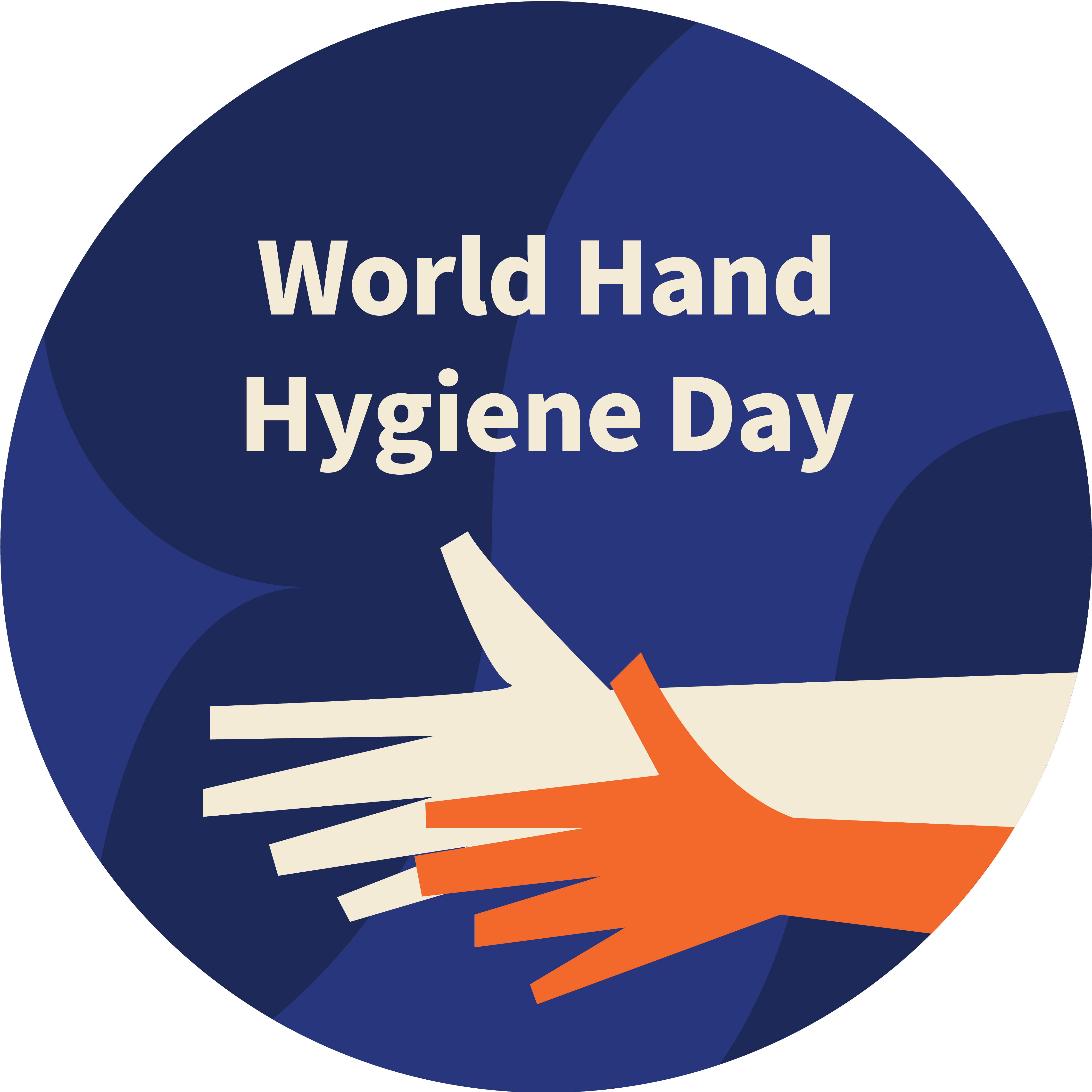Knowledge, attitude and perceived adherence with universal precaution among health care workers in the obstetrics and gynaecology department of an Indonesian teaching hospital
DOI:
https://doi.org/10.3396/ijic.v7i4.5465Abstract
Health care workers (HCWs) are at a high risk of occupational blood-borne infections, which may be increased in low and middle income countries by low adherence to Universal Precautions (UP). A baseline survey of Knowledge, Attitudes and Perceived adherence (KAP) was executed to design evidence-based tailor made interventions. A cross-sectional, descriptive study using self-administered questionnaires was conducted among HCWs in the obstetrics and gynecology department of an Indonesian teaching hospital from September-October 2007. The survey included 524 HCWs with a response rate of 72% (n=377). The results indicated that the level of knowledge regarding hand washing, personal protective equipment, medical waste disposal and post exposure prophylaxis was high, over mean score of 71.8. However, level of knowledge regarding instrument processing and medical sharps disposal was low. Perceived adherence was low as reported by majority of respondents (95%). There was significant association between knowledge and attitude (r=0.235; P< 0.001); knowledge and perceived adherence (r=0.314; P< 0.001); attitude and perceived adherence (r=0.233; P< 0.001). This study suggest tailor made interventions were needed to improve adherence to UP.Downloads
Downloads
Published
How to Cite
Issue
Section
License
Authors retain copyright of their work, with first publication rights granted to IJIC. Read the full Copyright- and Licensing Statement.




